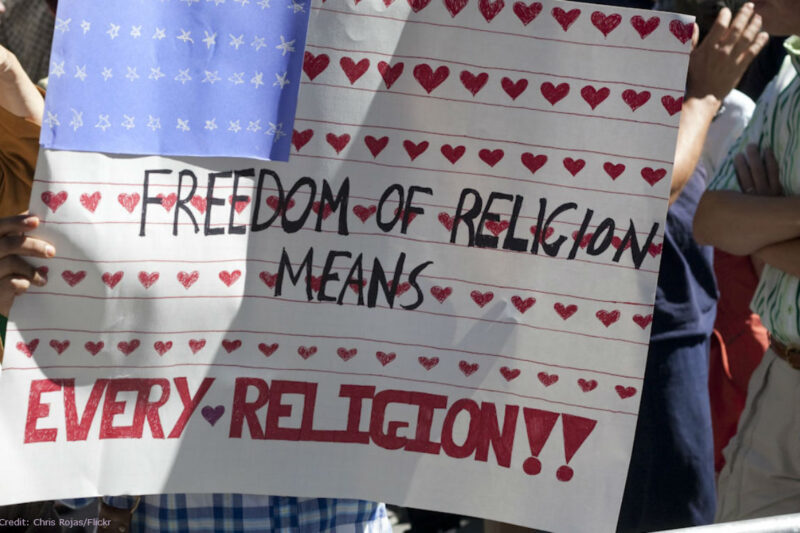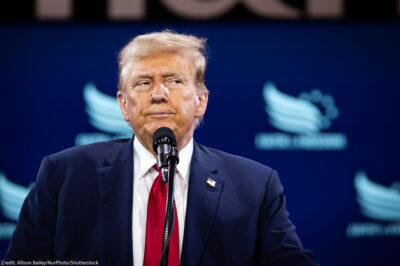
Something very ugly could happen today and tomorrow.
A loosely connected group of anti-Muslim activists is calling for protests at about 20 mosques and American Muslim community centers and organizations around the country. In states with open-carry laws, like Michigan, protesters are being urged to come with guns. Some of the rallies are scheduled for today, Friday, when communal prayers are held. Other protests are planned for Saturday, when many mosques hold classes for children.
Imagine taking your child to a Saturday morning religion class past gun-wielding demonstrators hurling abuse against your religion.
Of course, anti-Muslim protestors have a constitutional right to assemble and express bigoted and even hateful views. At the same time, it is a core American value to protect the right of worship for American Muslims and all religious groups — and to speak out against prejudice and intimidation. We at the ACLU have been working with targeted American Muslim communities and like-minded allies to support our Muslim neighbors, who are deeply concerned about the rise in anti-Muslim hatred, their security, and the protests’ potential for violence.
A call for nation-wide anti-Muslim protests on this scale is new, but it is sadly unsurprising because it reflects a national environment in which prejudice against American Muslims is running rampant — with devastatingly tragic security consequences for individuals and our country’s future. It’s an environment fueled by pundits like Bill Maher, who falsely ascribes violent intent to “vast numbers” of Muslims, and an entire industry of foundations and donors that has spent $57 million dollars to promote anti-Muslim bigotry in our country.
Critically, it’s also an environment fueled by the rhetoric and actions of politicians and law enforcement at the local, state, and federal level.
Just last month, for example, elected officials and law enforcement leaders in Tennessee, where one of the largest anti-Muslim protests is expected tomorrow, made alarmingly xenophobic and anti-Muslim comments. As the ACLU of Tennessee and statewide religious, community, and immigrant rights groups responded:
Not only do these statements send the wrong message to their respective communities, they stoke the flames of hate that could incite attacks against peaceful Americans.
At the national level, there is an alarming willingness of public officials to attack American Muslim communities for political gain, sending messages that divide Americans instead of uniting them. We need more public officials willing to say what former Secretary of State Colin Powell said in 2008, “Is there something wrong with being a Muslim in this country? The answer is ‘No.’ That’s not America.”
All of this is exacerbated by policies and practices that stigmatize American Muslims as suspect — like the so-called federal “countering violent extremism” program. Worse still, security measures, such as federal watchlists and surveillance and sting operations, disproportionately and discriminatorily target them.
This environment feeds not just bigoted rallies, but hate crimes, which are on the rise. Three weeks ago, a man threatened Muslim worshippers in Ohio. When the police arrested him, they found a hatchet under his passenger seat. In Chicago, another man called a Sikh father of two “Osama bin Laden” and subjected him to a violent beating. Across the country, Muslim houses of worship are targeted for arson and vandalism. These are just a few examples of a wave of ugliness.
America must be better than this. Ours is a nation founded on shared values of pluralism, freedom of religion or no religion, and equality. And reflecting those values, many Americans are responding to the anti-Muslim hate rallies by denouncing bigotry, speaking up for tolerance and equality, and engaging in actions of support and solidarity.
Please, join in.



